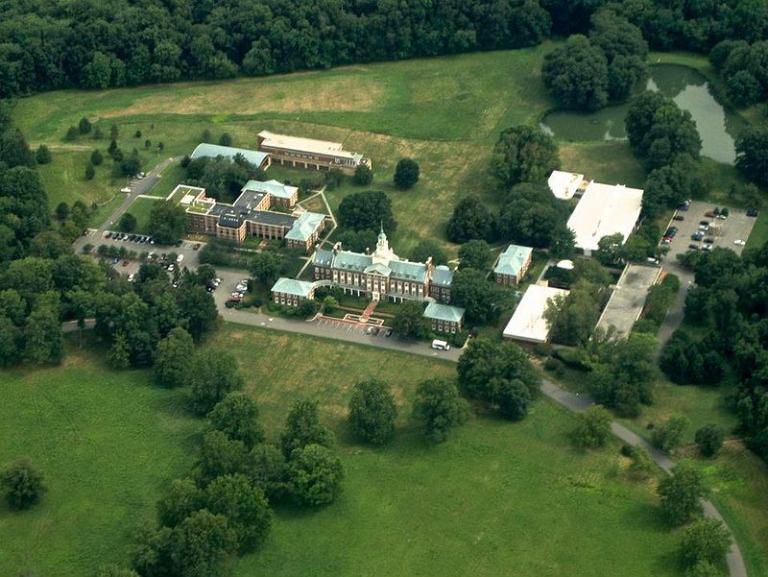
In his “Anti Gravity” column for the August 2019 issue of Scientific American (this one entitled “Do the Math: It sure comes in handy for doing physics”), Steve Mirsky focuses on the debate between those who think that mathematics is the language of the cosmos (and even, for some still today, the language of God) and those who think that the importance of mathematics for physics has been vastly overrated.
Mirsky’s column is inspired by a new book, written by the historian of physics Graham Farmelo, called The Universe Speaks in Numbers: How Modern Math Reveals Nature’s Deepest Secrets, and by a conference on the debate about the proposition for which Farmelo apparently argues that was convened by the Institute for Advanced Study (IAS) in Princeton, New Jersey.
Farmelo quotes Nima Arkani-Hamed, a theoretical physicist who is affiliated with the IAS:
“We can eavesdrop on nature not only by paying attention to experiments but also by trying to understand how their results can be explained with the deepest mathematics. You could say that the universe speaks to us in numbers.”
The IAS convened its conference on the subject of mathematics and physics at the end of May, and in his opening remarks for the conference, IAS director Robbert Dijkgraaf cited the great Caltech physicist and 1965 Nobel laureate Richard Feynman (1918-1988) — “not known as a lover of abstract mathematics” — as having remarked that “If all mathematics disappeared today, physics would be set back exactly one week.”
Mirsky reports that there was considerable laughter from the audience (though “possibly from only the physicists and not the mathematicians”), but that Dijkgraaf then continued: “Sir Michael Attiyah actually gave me the perfect riposte, which was ‘That was the week that God created the world.'”
Mirsky explains: “Attiyah, who died in January at the age of 89, was described in his New York Times obituary as a ‘British mathematician who united mathematics and physics during the 1960s in a way not seen since the days of Isaac Newton.’ So he was probably one of the few people on the planet who could outfox Feynman.”
Apparently, by the way, Professor Attiyah actually held both British and Lebanese citizenship, and, although born in England, was largely raised in Egypt and the Sudan before spending most of his academic career in the United Kingdom at the universities of Oxford and Cambridge, and in the United States at the Institute for Advanced Study. Among many other honors, he won the Fields Medal in 1966 and the Abel Prize in 2004 and served as the President of the Royal Society (1990–1995), the master of Trinity College, Cambridge (1990–1997), and the President of the Royal Society of Edinburgh (2005–2008).












